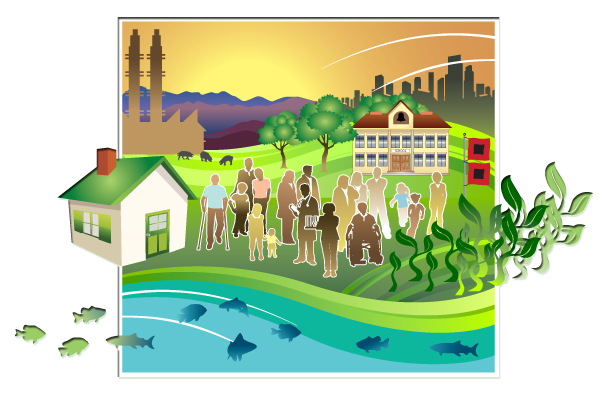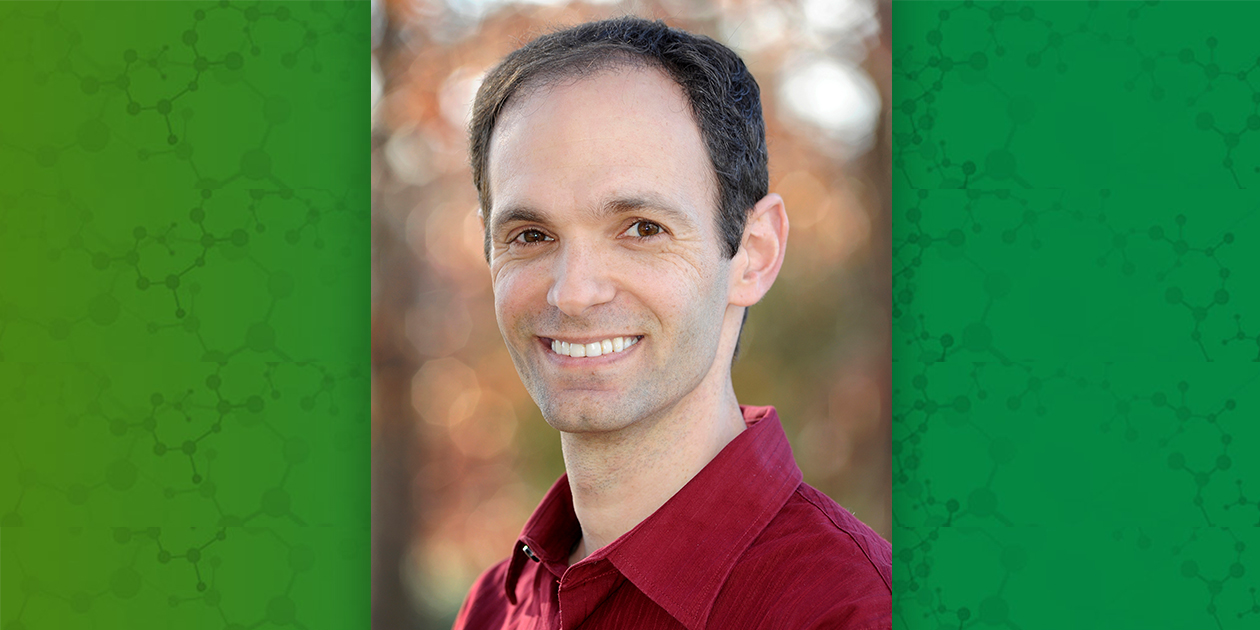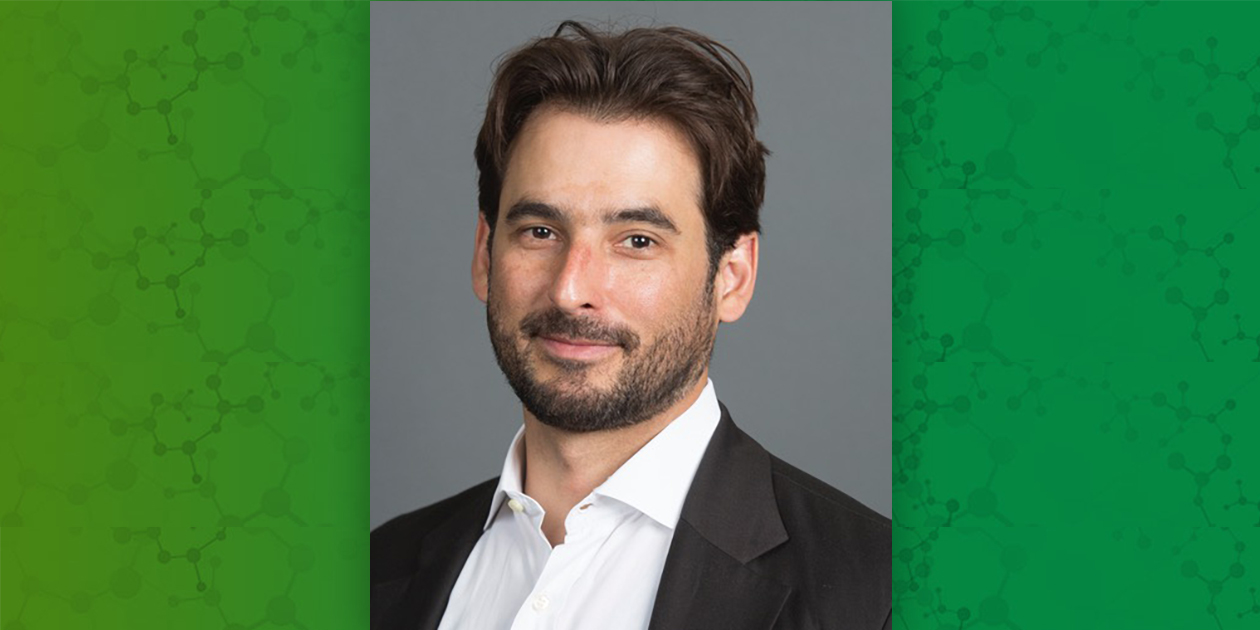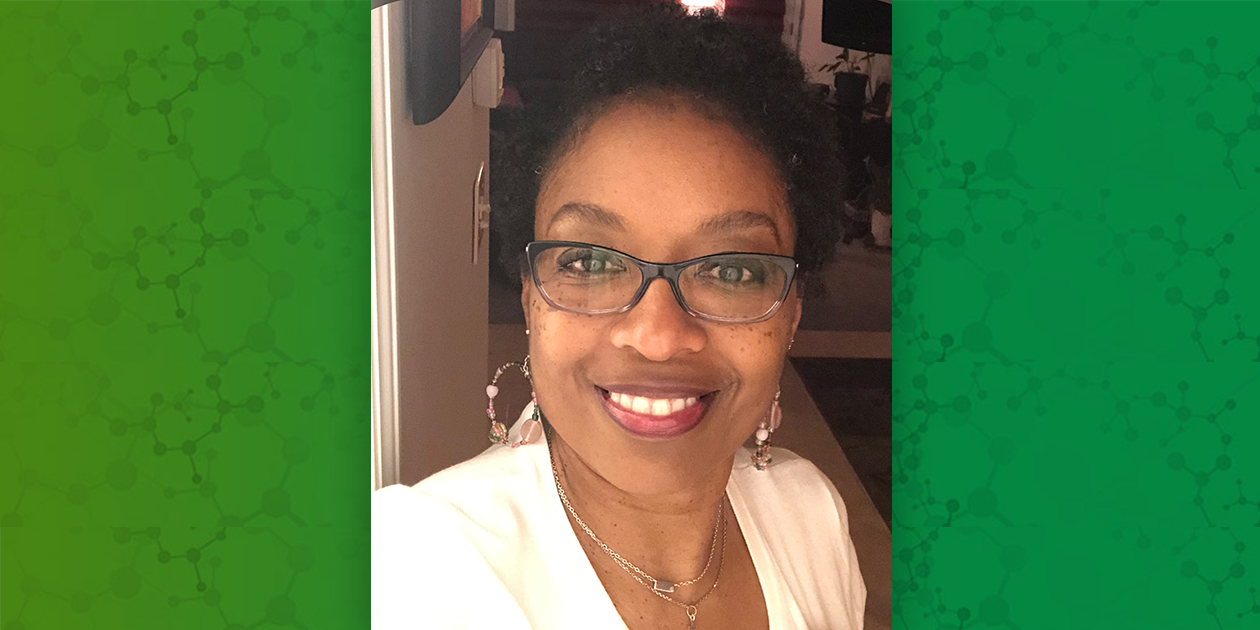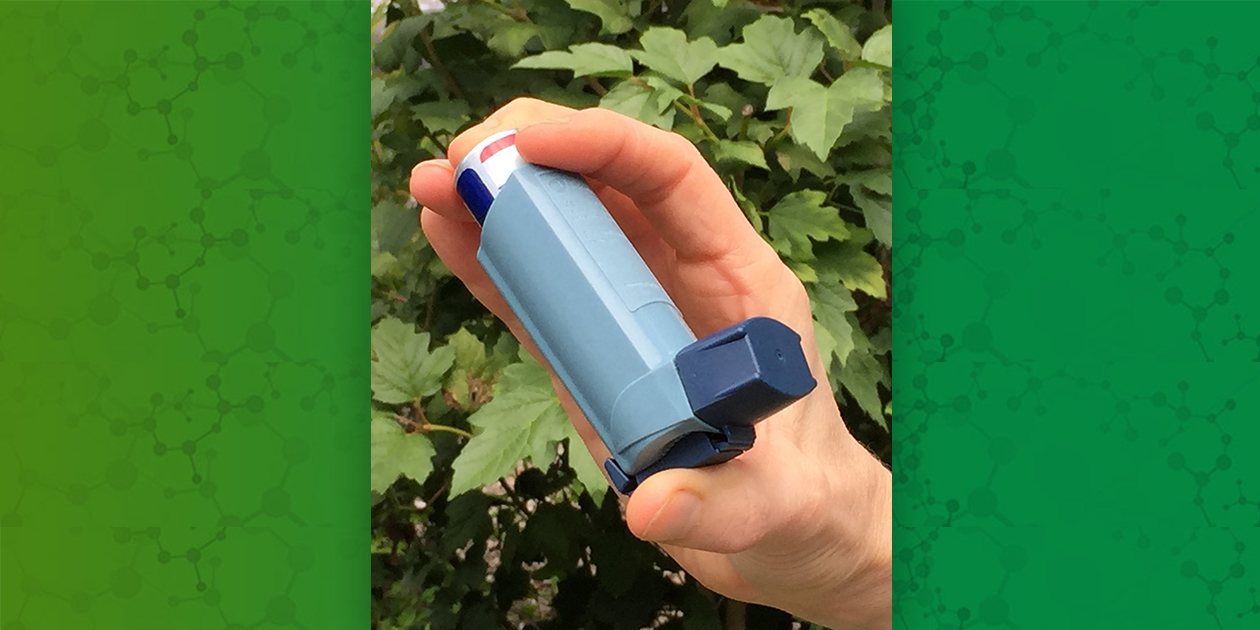Science Kits for Remote Learners Teach Environmental Health Literacy
Although the COVID-19 pandemic disrupted schooling, members of the NIEHS-funded Environmental Health Sciences Center’s Community Engagement Core (CEC) at the University of Rochester have been able to teach environmental health throughout the pandemic in socially distant formats by distributing hands-on science kits to remote learners.
The CEC team engaged with community partners, such as a science museum and a zoo, to reach school-aged students and other community members. Members of the CEC instructed participants, who were alone or grouped together in different locations, via remote video conferencing. Kits contained safe materials that simulated a laboratory experience. In a recent paper, CEC team members describe how this process enhances environmental health literacy and offer lessons learned for future hands-on remote instruction.
“The COVID-19 pandemic created unique challenges for traditional science education,” reflected Dina Markowitz, Ph.D., co-author and creator of the kits. “The kits provided diverse groups of students and other learners the opportunity to have a hands-on experience critical to understanding scientific concepts."
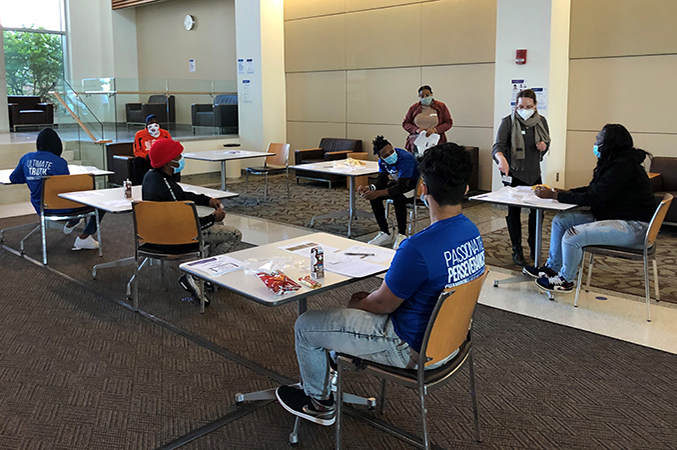
CEC staff guide learners through kit activities in a socially distant setup. (Photo courtesy of Dina Markowitz)
Science Take-Out Kits
CEC staff used hands-on kits from Science Take-Out, an entity funded by a federal Small Business Innovation Research grant. The kits come prepackaged with items that mimic laboratory reagents and other materials for hands-on learning. Each kit teaches a science topic by simulating a real-world scenario in which students explore an environmental health problem. The CEC team prepared lessons based on two kits: Safe City Water and Are Flavored E-cigarettes Harmful?
The Safe City Water kit taught learners how the public water supply is regulated, how lead can get into tap water, and how to reduce risk of lead exposure. Lead testing requires laboratory resources that were unavailable for this remote learning experience, so the kits simulated water testing to teach learners about environmental health testing. Specifically, the kits, which contain pH buffer solutions that represent tap water samples and test papers to examine pH levels, simulate lead testing in tap water.
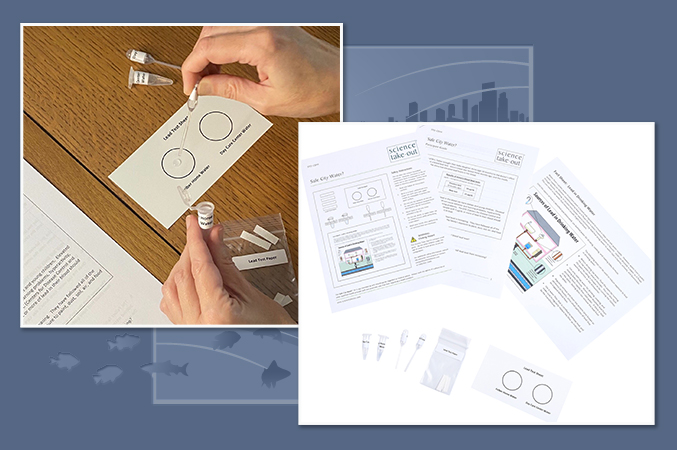
An individual uses the Safe City Water kit (left), which includes materials to simulate tests for lead in water, instructions, and educational materials (right). (Photos courtesy of Dina Markowitz)
The e-cigarettes kit demonstrated how flavor compounds affect lung cells. The kit contains sponges that simulate lung cells and pH buffers that represent e-cigarette flavoring. The kit is based on published research studies from the laboratory of Irfan Rahman, Ph.D., at the University of Rochester, who investigated the health effects of flavoring chemicals.
Teaching Science in Remote and Socially Distant Learning Environments
Kit-based lessons were hosted for five groups with diverse participants. The groups and their associated participants included:
- American Lung Association Reality Check youth action program for 23 high school students.
- Girl Scouts of Western New York for six children, ages 10-13.
- National Association of Biology Teachers for 34 adult science teachers.
- Rochester Museum and Science Center for 11 children, ages 9-11.
- Seneca Park Zoo Urban Ecologist Program for 12 high school students.
Although all sessions were held in formats that complied with COVID-19 safety protocols, they used different setups. The CEC team found that certain arrangements more easily facilitated learning and interaction than others.
Participants in the Rochester Museum and Science Center class attended the session in-person, following COVID-19 safety protocols, with instruction provided by a CEC instructor through Zoom. Students used their own kits at individual tables. Researchers noted difficulties with this format because they were not able to see or hear the participants who were spread throughout a large space. Due to these difficulties, CEC staff did not gather feedback from this group.
The Girl Scouts session was held in-person outdoors, and CEC instructors attended the event. Each child used her own kit. CEC instructors provided guidance and answered questions. The children participated in discussions throughout the class, further facilitating learning.
Sessions for all other groups were conducted entirely through Zoom. Each participant, including the instructors, joined the session online from separate locations. Participants discussed the topics and instructors responded to questions. Based on participant feedback, learners engaged with one another and the material just as effectively as the in-person session.
“While one session posed particularly challenging, overall, the participants were able to successfully work through the kits with the support of CEC staff,” stated Cait Fallone, M.A., lead author of the study. “We also found that discussion during the sessions was a key component that helped participants further engage with the material. We were happy to see that discussion was still rich given the remote and socially distanced learning environments. Feedback indicated that sessions were engaging and successfully provided environmental health education.”
Enhancing Environmental Health Literacy
Students who completed the Safe City Water kit stated that the kits effectively reinforced environmental health topics because of the hands-on format. They said that the kits helped them understand how lead can affect health and that they found the experience fun and engaging. The adult facilitators of student groups expressed positive feedback about the high level of engagement among the students. Feedback on the “Are Flavored E-cigarettes Harmful?” sessions was similar.
“Participants indicated that using the science kits provided an engaging, hands-on learning experience,” said Markowitz. “This kit-based format accounts for students’ unique learning environment and makes environmental health education accessible to a broad array of learners that may not have access to a lab-based experience. Students demonstrated increased environmental health literacy after these sessions.”
The CEC plans to continue engaging with researchers, educators, and community groups to host sessions with the kits. They hope to expand their reach to new audiences, particularly to learners who have limited access to traditional lab-based resources.
Katrina Korfmacher, Ph.D., co-author of the study and director of the CEC added, “I am particularly excited about new high school science kits in development related to One Health—the connections between animal health, environmental health, and human health—and about eventually adapting the kits for community-based learning.”
Equity Added to Public Health Services Framework
The Public Health National Center for Innovations (PHNCI) revised its Foundational Public Health Services framework in February to reflect the evolving nature and modernization of governmental public health. The framework was originally created in 2013 to define a minimum set of capabilities for public health agencies. Notably, equity was added as a new foundational capability, with components such as the ability to:
According to PHNCI, including equity as a foundational capability emphasizes its importance as a cross-cutting capacity and reinforces its crucial role in ensuring community health and well-being. Some of the framework’s definitions and graphics were also updated. A fact sheet, summary report, explanatory video, and other resources related to the framework are available on the Foundational Public Health Services website. PHNCI worked with the Funders Forum on Accountable Health and took input from stakeholders into account when making revisions.
Environmental Health Perspectives Journal Turns 50
The journal Environmental Health Perspectives, which focuses on the intersection of the environment and human health, celebrated its 50th anniversary in April. The journal, which NIEHS launched when the field of environmental health sciences was still in its infancy, started with publishing conference proceedings and NIEHS reports. It has evolved over the years to publish peer-reviewed original research, commentaries, reviews, and stories that translate research advances for non-specialist readers. The journal’s growth has been guided by the premise that increased availability of information on environmental health sciences is key to solving environmental health problems. To mark the anniversary, the journal put out an editorial, written by its Editor-in-Chief, Joel D. Kaufman, M.D., M.P.H.; an illustrated timeline of the journal’s history and milestones; and a note of appreciation to its current and past staff. They are also encouraging readers to share highlights on Twitter with #EHP50.
Healthy People 2030’s Focus on Health Equity
In an April, the Office of Disease Prevention and Health Promotion described Healthy People 2030’s resources related to advancing health equity. Healthy People 2030 is a national framework that provides 10-year, measurable public health objectives to improve the nation’s health and well-being, and has, over the years, strengthened its focus on health equity. For example, one of the framework’s overarching goals is to “eliminate health disparities, achieve health equity, and attain health literacy to improve the health and well-being of all.” Additionally, on the Health Equity in Healthy People webpage, there are definitions of health equity and health disparities, information from an environmental scan on how these terms are used within public health, tools for action, a health equity infographic, and other information about how the framework addresses health disparities. These tools are intended for use by individuals, communities, and organizations.
New Research Projects Address COVID-19 Pandemic and Show Promise for Future Applications
COVID-19 has prompted researchers to engage in pandemic-related research that may have implications beyond the pandemic.
For example, the NIEHS-funded University of North Carolina at Chapel Hill Superfund Research Program (SRP) Center, together with the Institute for Environmental Health Solutions and the Renaissance Computing Institute, incorporated COVID-19 data into a new web-based tool, North Carolina ENVIROSCAN. The tool provides visual representations of geographic trends in environmental and societal factors that affect health. Another SRP group, the University of Kentucky SRP Center, is studying a new approach to filtering virus particles from the air. The group’s filtration device successfully filters virus-like particles, even at high concentrations. You can read more about the SRP’s pandemic-related research.
Additionally, wastewater monitoring as a public health tool has gained popularity during the pandemic. This type of real-time monitoring can allow public health workers to predict increases in cases before they would otherwise be detected, and it does not require specialized equipment beyond what most public health labs already have. The U.S. Centers for Disease Control and Prevention, recognizing the utility of such an early-warning system, launched a National Wastewater Surveillance System in September 2020. Using data collected by the system, researchers were able to determine where new variants of the COVID-19 virus were present before patients tested positive.
U.S. Environmental Protection Agency Releases Report on Natural Disaster Debris Cleanup
The U.S. Environmental Protection Agency held a series of workshops to discuss life-cycle approaches to natural disaster debris in 2021. Participants represented federal agencies, tribal governments, state agencies, local governments, academic institutions, nongovernmental organizations, and businesses, and brought expertise on disaster management and response, environmental justice, deconstruction, and green building. They discussed practical steps to improve disaster debris management and resilience. Their ideas were related to community involvement, environmental justice, climate change, reducing the generation of disaster debris, and equitably managing disaster debris. They also shared case studies and best practices. The summary report provides highlights and suggestions for actions to take in disaster debris management. Some of the key insights were:
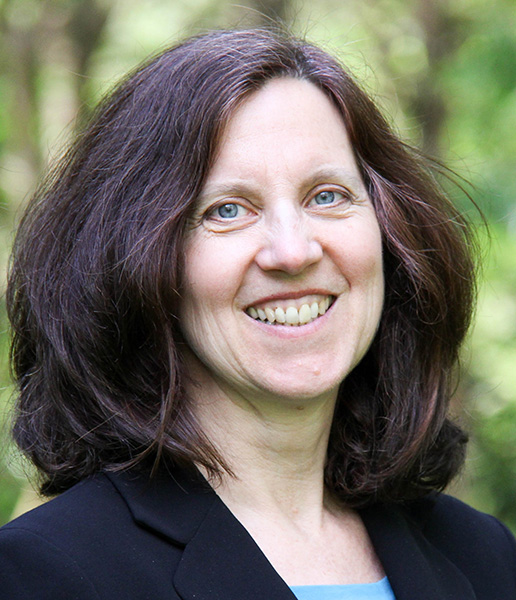
PEPH Grantee Highlight
Kathleen Gray, Ph.D.
Supporting environmental health literacy (EHL) can take different forms, from educating individuals to educating whole communities. Kathleen Gray, Ph.D., who works to increase EHL for a wide audience, leads the Community Engagement Cores at the NIEHS-funded Superfund Research Program and the Center for Environmental Health and Susceptibility at the University of North Carolina at Chapel Hill. Her team develops outreach and educational materials to help diverse communities understand environmental impacts on their health. For example, Gray works with fishing communities in North Carolina, where she found that it was important to ask anglers about their perceptions and habits, such as with whom they shared their fish, to effectively communicate health messages around fish consumption. Gray’s team also works with high school students to develop local solutions to environmental health problems. Overall, Gray’s work exemplifies a tenet of an expanded understanding of EHL, one that goes beyond educating an individual and includes collective action and community change.
Funding Opportunities
Accelerating the Pace of Child Health Research Using Existing Data From the Adolescent Brain Cognitive Development (ABCD) Study (R01-clinical Trial Not Allowed)
Supports activities proposing to conduct analyses of existing ABCD Study data to accelerate the pace of research on child health and development, including: cross-sectional and/or longitudinal analyses; development of new or advanced statistical methods; and/or integration of ABCD data with other existing datasets that share common data elements. NIEHS is interested in applications that will use ABCD data resources to examine the contribution of environmental exposures on brain and development and to identify sensitive time windows of development that may confer individual susceptibility and also to identify protective factors that may mitigate environmental-induced changes. An R21 funding opportunity is also open.
Deadlines: June 5, 2022; October 5, 2022; February 5, 2023
Notice of Special Interest (NOSI): Emerging and Existing Issues of Coronavirus Disease 2019 (COVID-19) Research Related to the Health and Well-being of Women, Children and Individuals With Physical And/Or Intellectual Disabilities
Provides an avenue for researchers to pursue funding to conduct research addressing emerging and existing COVID-related issues among pregnant and lactating people, infants, children and adolescents, and individuals with physical and/or intellectual disabilities. NIEHS is interested in research focused on better understanding the role of environmental exposures on the multitude of factors surrounding the COVID-19 pandemic in relation to pregnancy, children and adolescent health and well-being, reproductive disorders, metabolic diseases, cancers, cardiovascular disease, and other disease conditions. Applicants responding to this NOSI are strongly encouraged to describe plans for the rapid sharing of data and results as well as innovative data analytics approaches. The sharing of COVID-related data and resources and effective communication of results are a high priority of the NIH.
Deadline: June 5, 2022
Notice of Special Interest (NOSI): Epidemiologic Studies in Asian Americans, Native Hawaiians, and Pacific Islanders (Parent R01 Clinical Trial Not Allowed)
Encourages fundamental epidemiological research geared toward understanding the inter-relationships of biological, lifestyle/behavioral, environmental, and sociocultural factors and how these factors may impact health disparities and outcomes in Asian American, Native Hawaiian, and Pacific Islander subpopulations. Epidemiological inference is enhanced with variation in study designs; therefore, investigators may leverage a range of design methods in response to this NOSI, including electronic health record databases, registries, cohort studies, and cross-sectional surveys. Applications may propose leveraging existing studies or data, or may propose new data collection. To be considered responsive to this NOSI, applicants must propose to study at least one specific subpopulation of Asian Americans, Native Hawaiians, and Pacific Islanders. NIEHS applications to this funding opportunity occur through Research Project Grant (Parent R01 Clinical Trial Not Allowed), Addressing the Etiology of Health Disparities and Health Advantages Among Immigrant Populations (R01 Clinical Trial Not Allowed), and The Role of Work in Health Disparities in the U.S. (R01 Clinical Trials Optional).
Deadlines: February 5, 2022; June 5, 2022
Notice of Special Interest (NOSI): Promoting Health, Safety, and Recovery Training for COVID-19 Essential Workers and Their Communities
Supports partnerships between Worker Training Program (WTP) recipients and local community organizations in communities highly impacted by COVID-19 to increase the education and awareness of COVID-19 health risks and promote the integration and connectedness to needed public health resources such as testing, contact tracing, and the adoption of effective infection control measures. This NOSI is open to current WTP awardees who already have partnerships with local worker centers and community organizations in underserved and disadvantaged communities with COVID-19 transmission rates that are higher than the national average. Partnerships with other NIEHS recipients are encouraged if the collaboration will meet the aims of the application.
Deadline: June 6, 2022
Revolutionizing Innovative, Visionary Environmental Health Research (RIVER) (R35 Clinical Trial Optional)
The RIVER program is intended to invest in people rather than projects; rewarding individuals from the NIEHS recipient community who demonstrate a broad vision and potential for continuing their impactful environmental health research and who are most likely to benefit from a program emphasizing flexibility and sustained support. Only single principal investigator applications are allowed. Key features and benefits of the program fall into two large categories: 1) freedom from traditional focused specific aims and a structured research plan which will enable investigators to pursue new directions in their research as they arise throughout the funding period, and 2) the ability to devote increased effort to research, mentoring, and scientific service due to reduced time spent writing and managing multiple grant applications and awards.
Deadline: June 9, 2022
Letter of Intent: Due 30 days prior to the application due date
Lasker Clinical Research Scholars Program (Si2/R00 Clinical Trial Optional)
The Lasker Clinical Research Scholars program will offer applicants the opportunity to compete for a unique combination of intramural and extramural resources for clinical research. The program will support a small number of exceptional clinical researchers in the early stages of their independent careers to promote their development as fully independent scientists. The program combines a period of research experience as a tenure-track investigator in the Intramural Research Program with additional years of independent financial support, either within the Intramural Research Program or at an extramural research institution. Successful applicants will receive support in two phases: 1) support for scholars in the Intramural Research Program for up to 5 years, with the possibility of an extension for an additional 2 years; and 2) either continued Intramural Research Program support, or up to 3 years of support to continue research as an independent clinician scientist at an extramural institution.
Deadline: June 24, 2022
Research Enhancement Award Program (REAP) for Health Professional Schools and Graduate Schools (R15 Clinical Trial Not Allowed)
The REAP program will enable qualified scientists to receive support for small-scale research projects. It is anticipated that investigators supported under the REAP program will benefit from the opportunity to conduct independent research; that the grantee institution will benefit from a research environment strengthened through REAP grants; and that students at recipient institutions will benefit from exposure to and participation in scientific research in the biomedical sciences so that they consider careers in biomedical research. The REAP funding opportunity emphasizes the engagement and inclusion of health professional, undergraduates, and/or graduate students in research. Since diversity strengthens the research environment, REAP grantees are encouraged to recruit and include students from diverse backgrounds, including those from groups underrepresented in the biomedical research workforce. NIEHS will accept applications describing research projects that will have a defined impact on the environmental health sciences and must have a research focus on exposure-health related responses from environmental agents within the mission interest of the NIEHS.
Deadlines: June 25, 2022; October 25, 2022
SBIR E-Learning for HAZMAT and Emergency Response (R43/R44 Clinical Trial Not Allowed)
Encourages Small Business Innovation Research (SBIR) grant applications from small business concerns that propose to further the development of Advanced Technology Training (ATT) products for the health and safety training of hazardous materials (HAZMAT) workers; waste treatment personnel; skilled support personnel associated with an emergency/disaster; emergency responders in biosafety response, infectious disease training and cleanup; emergency responders in disasters and resiliency training; and for ATT tools to assist in responding to environmental disasters. The major objective of the NIEHS Worker Training Program (WTP) is to prevent work related harm by assisting in the training of workers in how best to protect themselves and their communities from exposure to hazardous materials. NIEHS encourages applicants to review the SBIR E-Learning for HAZMAT Program, to pursue partnerships and collaboration with awardees of the WTP program, and to design new technology-enhanced training methods or e-Learning products that can enhance the existing NIEHS supported curricula and training programs while adhering to the Minimum Health and Safety Training Criteria: Guidance for Hazardous Waste Operations and Emergency Response (HAZWOPER) and HAZWOPER-Supporting Training.
Deadline: July 30, 2021
Letter of Intent: June 30, 2021
Implementation Research to Reduce Noncommunicable Disease Burden in Low- and Middle-income Countries and Tribal Nations During Critical Life Stages and Key Transition Periods (R01 Clinical Trial Optional)
Supports innovative approaches to identifying, understanding, developing, and implementing strategies for overcoming barriers to the adoption, adaptation, integration, scale-up, and sustainability of evidence-based interventions, tools, policies, and guidelines. In addition, studies to advance dissemination and implementation research methods and measures into application are encouraged. Specifically, this FOA invites applications that propose interventions targeting critical life stages (e.g., infancy, childhood, adolescence, pregnancy, older adults) and key transitions between life stages to reduce health risk and/or enhance positive health and lifestyle behaviors. NIEHS is interested in applications that focus on the implementation of interventions that address environmental noncommunicable disease risk factors (e.g., air pollution, disaster risks attributed to climate change, etc.) in one or more critical life stages.
Deadline: July 27, 2022




